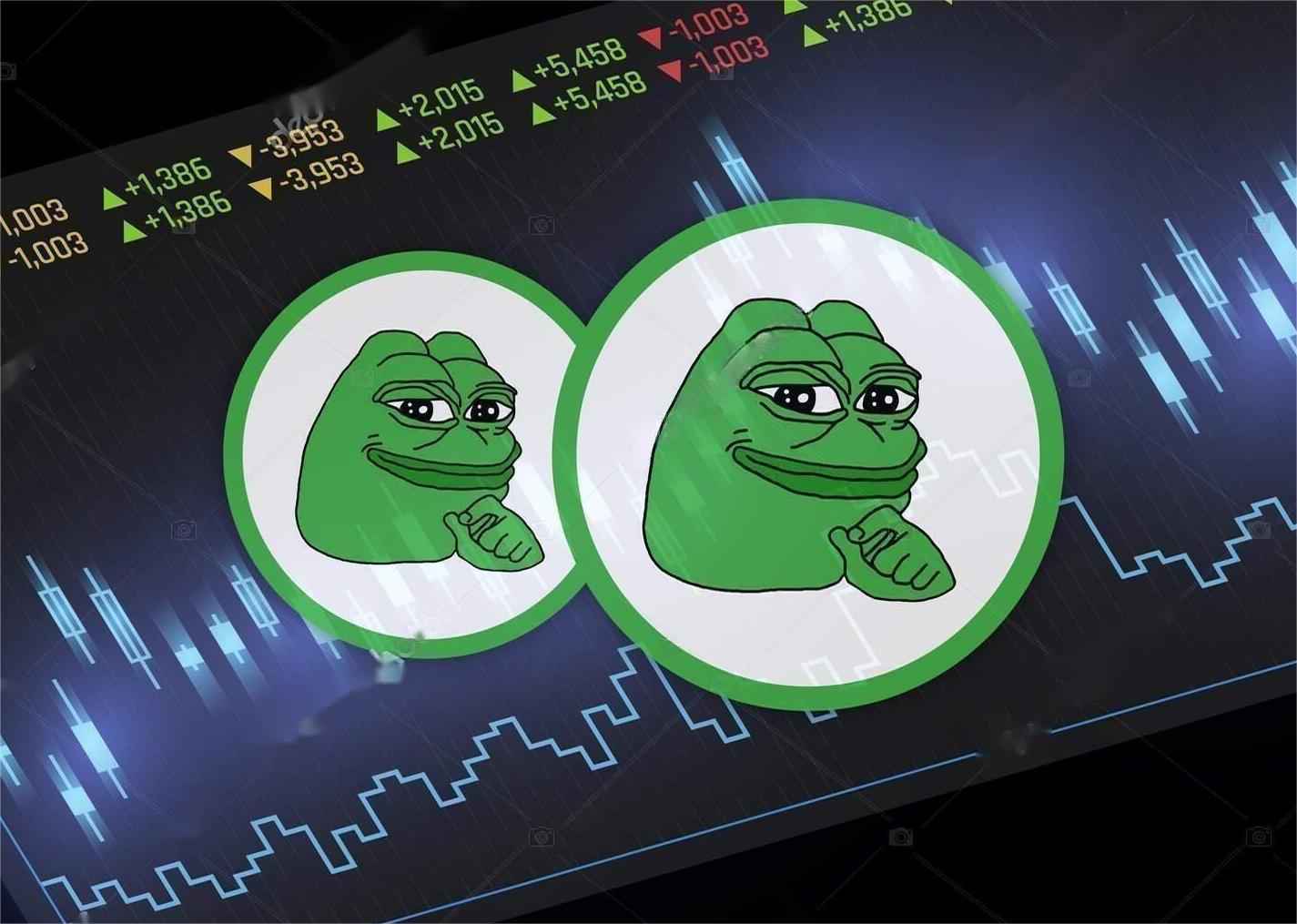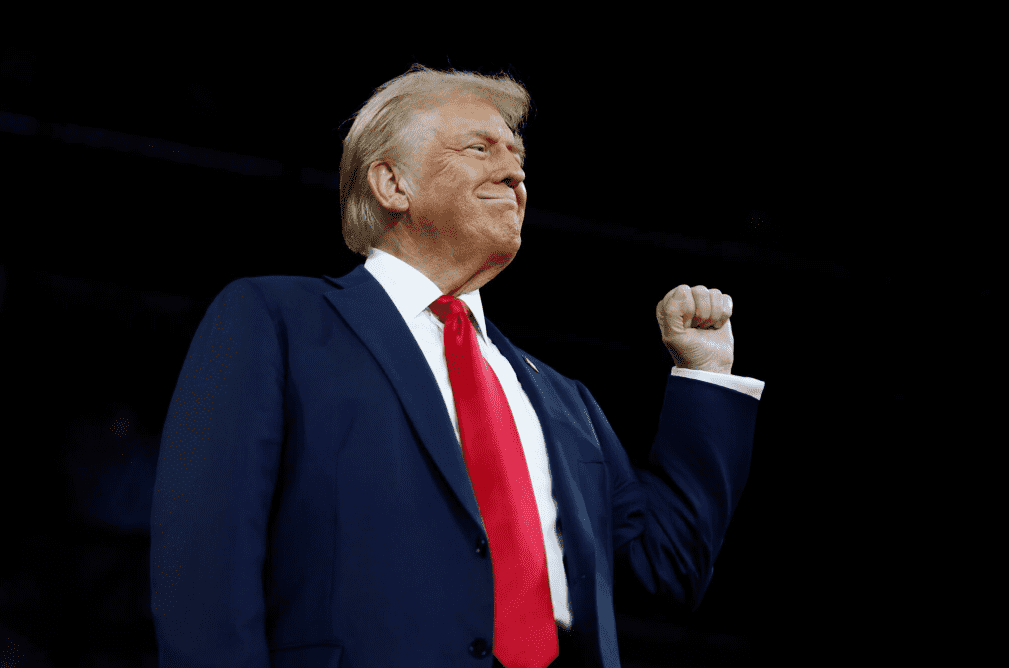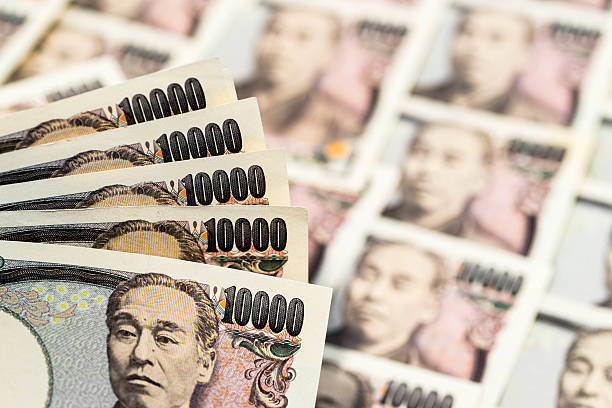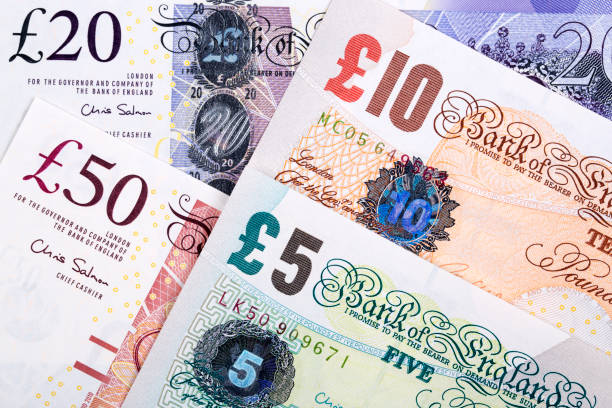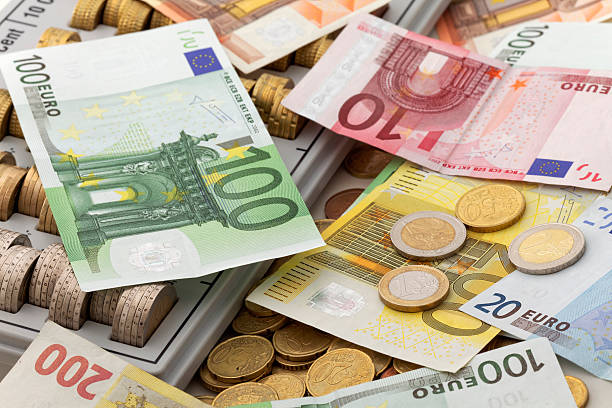Trump pushes joint-venture plan for TikTok while Beijing stays silent

China has not responded to U.S. President Donald Trump’s announcement on Thursday that a deal to keep TikTok running in the United States has been approved.
Trump said during the signing of a new executive order that he had “gotten the go-ahead” from Chinese President Xi Jinping. But since that statement, Beijing hasn’t said a word. No press release, no confirmation, not even a half-assed comment from any official.
Chinese state media has completely ignored Trump’s statement. Social media discussions were almost non-existent. One state-linked Weibo account quietly quoted a professor from Fudan University calling the deal a “win-win,” but beyond that, silence. That’s raised questions, because the deal can’t actually move forward without China’s approval.
Trump pushes joint-venture plan while Beijing stays silent
Trump’s new executive order laid out plans to create a joint-venture company that would take over TikTok’s U.S. business, including its data and algorithm. ByteDance, the China-based parent company of TikTok, would keep less than 20% ownership in the new firm.
That structure was designed to meet U.S. national security law requirements. The law says ByteDance must give up control or face a ban in the country.
On Friday, Chinese outlet LastPost reported that TikTok’s U.S. operations would actually be split into two separate companies. One would be the joint-venture company with majority American ownership.
The other would be a separate ByteDance-run U.S. entity focusing on e-commerce, brand partnerships, and relationships with TikTok’s overseas markets.
Trump’s order is the latest in a back-and-forth that’s been dragging on for years. The pressure on TikTok began under Joe Biden, who signed the law requiring ByteDance to divest or shut down TikTok in the U.S.
But since returning to the White House, Trump has taken over negotiations and extended the deadline multiple times. He’s insisted he wants a deal and has said on several occasions that TikTok helped him win the 2024 election.
Xi offers vague statement while ByteDance profit terms emerge
Earlier this month, Trump had a nearly two-hour call with Xi. After the call, Trump claimed Xi had signed off on a new TikTok proposal. However, the official statement from Beijing didn’t exactly say that.
Xi was quoted as saying that China “would be happy to see productive commercial negotiations in keeping with market rules” and that any resolution should “comply with China’s laws and regulations” while also protecting “the interests of both sides.”
He also urged the U.S. to stop using “unilateral trade restrictions” and to allow “a fair and non-discriminatory environment for Chinese investors.”
So far, China hasn’t officially said yes or no. Analysts who spoke to CNBC said Beijing has little to no motivation to greenlight ByteDance’s divestment. Trump may have announced a deal, but unless China signs off, nothing is final.
Meanwhile, ByteDance is expected to still walk away with a huge financial stake. People familiar with the terms say ByteDance will receive a licensing fee for providing its algorithm to the new U.S.
TikTok company, along with a profit share based on its ownership. That adds up to roughly 50% or more of TikTok’s U.S. earnings still going to the Beijing parent company.
The arrangement could raise new legal issues in the U.S. If the financial setup doesn’t match what’s allowed under the sale-or-ban law backed by the Supreme Court earlier this year, it could face serious pushback.
Vice President JD Vance made things more confusing last Thursday when he told reporters the TikTok deal would likely close for $14 billion. That’s way below Wall Street expectations, where analysts had pegged the sale price between $35 and $40 billion, as Cryptopolitan reported.
If you're reading this, you’re already ahead. Stay there with our newsletter.


